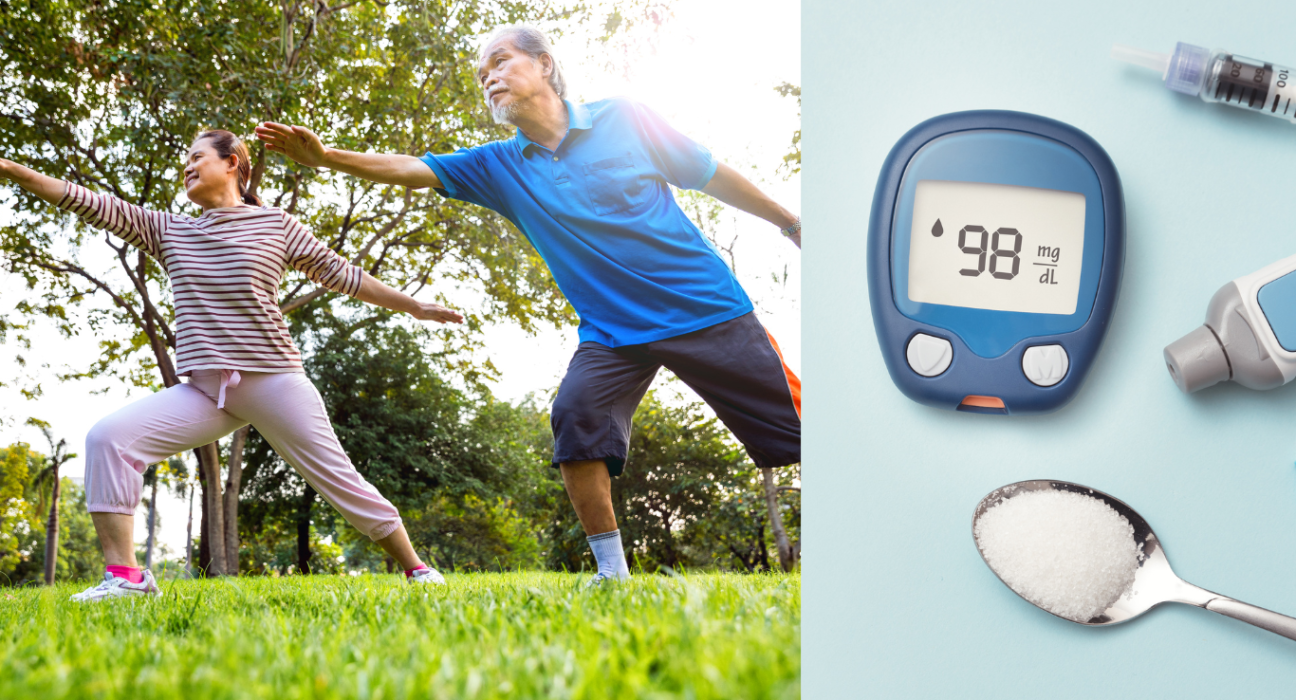In tonight’s edition of NCN Health, brought to you by GTM Insurance Company Limited and Essential Care Pharmacy, the focus is on understanding the importance of exercise for individuals with diabetes.
Physical activity is highlighted as a beneficial practice for managing diabetes, regardless of the intensity or type of exercise.
Whether it’s running, swimming, arm stretches, or on-the-spot walking, any form of physical activity contributes positively.
The health report emphasizes the numerous advantages of staying active for individuals with type 1, type 2, or other types of diabetes.
These benefits include:
- Improved Insulin Sensitivity: Physical activity aids the body in utilizing insulin more effectively, thereby increasing insulin sensitivity.
- Blood Pressure Management: Exercise helps regulate blood pressure, reducing the risk of diabetes-related complications.
- Cholesterol Control: Engaging in physical activity contributes to improved cholesterol levels, offering protection against issues like heart disease.
- Weight Management: Exercise assists in weight loss and helps maintain a healthy weight.
- Increased Energy and Better Sleep: Being active provides energy and positively influences sleep patterns.
- Joint Flexibility: Physical activity enhances joint health and flexibility.
- Mental Well-being: Exercise releases endorphins, promoting a sense of happiness and reducing stress levels. It also helps alleviate low mood.
The report emphasizes that the benefits of being active are even more pronounced when combined with healthier food choices, avoiding smoking, and ensuring adequate sleep.
There isn’t a one-size-fits-all approach to exercise for individuals with diabetes. It’s recommended to engage in a variety of activities that offer different benefits and engage various parts of the body.
For those with diabetes complications, such as eye or heart problems, careful consideration is necessary when selecting activities.
Low-impact exercises like swimming, cycling, or walking are suggested, while high-intensity activities and heavy lifting may need to be avoided.
Individuals facing foot issues, such as neuropathy or foot ulcers, are advised to opt for gentler exercises, including chair-based activities like leg raises or lifting light objects while sitting.
Tune in on Thursday for another informative edition of NCN Health.

